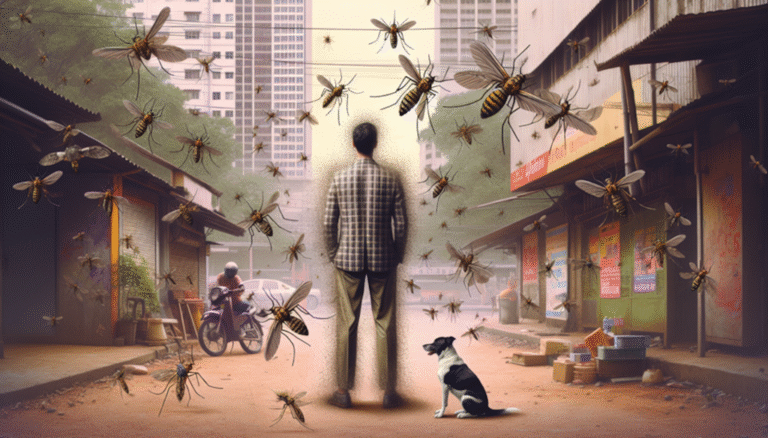It sounds like something out of a bizarre survival guide: “Eat enough hot peppers and you’ll become unappetizing to predators.” Spicy food lovers might find this oddly inspiring, especially those who toss back ghost peppers like popcorn. But is there any truth to the idea that humans can become biologically “too hot to handle” just by ingesting enough spice?
The short answer? No. Not even a little. But the science behind why is more fascinating than you might think.
Spice is nature’s self-defense—but not for us
If you’ve ever crunched into a jalapeño and instantly regretted life choices, you’ve experienced capsaicin at work. This fiery compound is found in hot peppers and is the reason your tongue feels like it’s on fire.
Capsaicin evolved as a natural defense for plants. It deters mammals from eating the fruit (while birds, interestingly, remain unaffected and help disperse the seeds). The burning sensation is a survival mechanism—literally, pain as a pesticide.
But here’s the twist: what works for a plant doesn’t translate to humans in the same way.
Why your flesh won’t turn spicy, no matter how many peppers you eat
Despite how dramatically your mouth may react to spice, capsaicin doesn’t accumulate in your body. It’s swiftly metabolized by the liver and excreted—meaning it doesn’t hang around long enough to flavor your skin or muscles like a steak marinated in hot sauce.
Here’s what really happens when you eat spicy food:
- Sensory illusion: Capsaicin activates pain receptors in your mouth and gut, making your brain think you’re on fire (don’t worry, you’re not).
- Quick metabolism: Your liver breaks down the capsaicin efficiently. It’s flushed out, not stored.
- No “flavor transfer”: There’s no scientific evidence that eating spicy food changes your body’s smell, taste, or chemistry in a way that makes you less appealing to animals—or to zombies, for that matter.
Unlike some plants and animals that naturally produce chemical defenses (like the famously foul-tasting monarch butterfly), humans can’t bioengineer their bodies through diet alone to be disgusting or dangerous to other species. At least, not with chili peppers.
What about strong-smelling foods like garlic?
Now this is where things get interesting. Some foods, like garlic and vinegar, do influence your body’s scent. Several studies have explored how garlic’s sulfur compounds are excreted through sweat, potentially affecting how others perceive your smell.
There’s even anecdotal evidence that mosquitoes may avoid people who eat garlic—although research on this is mixed at best. But again, this is about scent, not about being dangerous to a predator looking for a meal.
Even extreme cases don’t change the rules
Take chili-eating competition legend Anandita Dutta Tamuly, who once ate 60 Bhut Jolokia peppers in two minutes. That’s one of the world’s hottest peppers—about 400 times stronger than Tabasco. While she likely felt like a human flamethrower, not a single molecule of that heat made it into her skin or muscle tissue in a meaningful way.
So even if you trained your body to tolerate extreme amounts of spice, you’d be no more protected from a hungry bear than the guy next to you who thinks ketchup is spicy.
So what’s the takeaway?
As much as we love the idea of turning into a walking jalapeño of doom, biology just doesn’t back it up. No matter how spicy your diet, you can’t become chemically aversive to predators. Plants can hack their defensive chemistry. Animals can evolve poison. But humans? We’ll have to keep looking for smarter strategies.
If you’re worried about animal attacks, your best bet is still practical: don’t camp with snacks in your sleeping bag, carry bear spray—not hot sauce—and maybe skip horror movie logic when planning your diet.
But hey—if you love hot food, keep the spice coming. Just know it’s for your taste buds, not your safety.




Leave a Comment